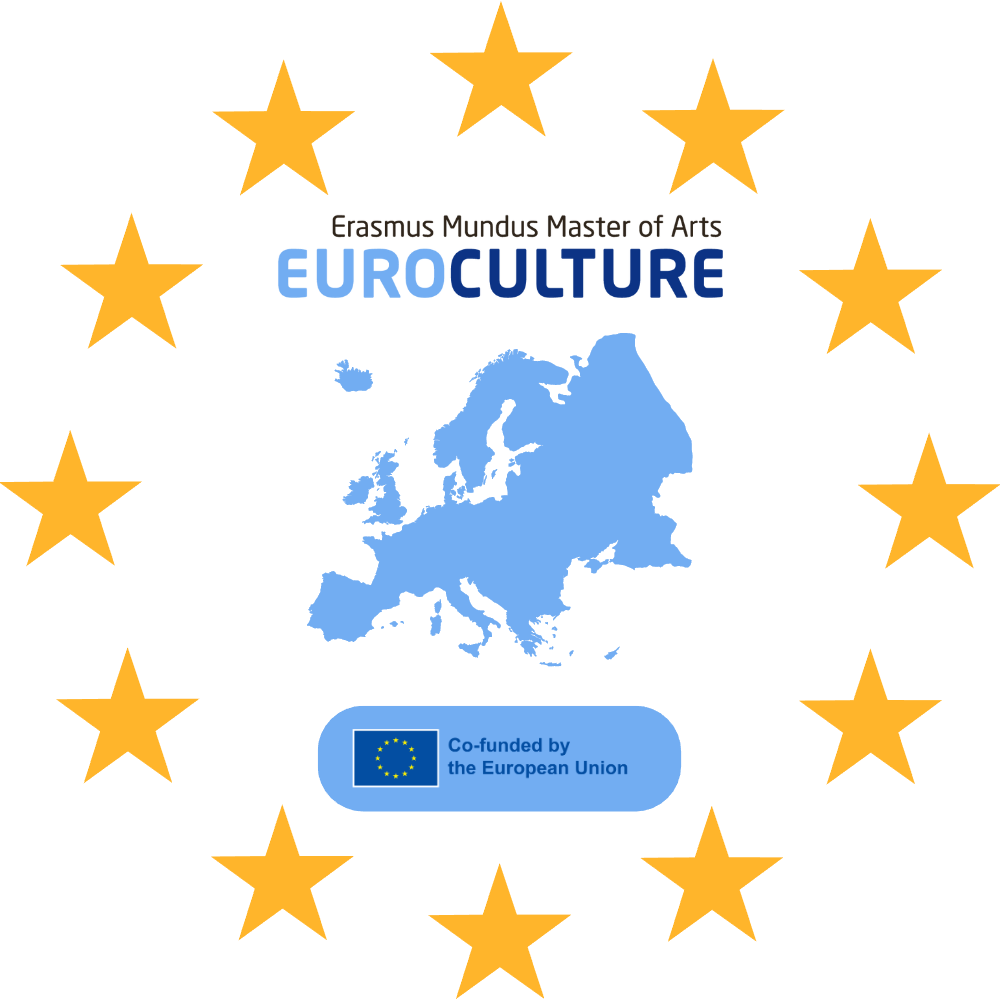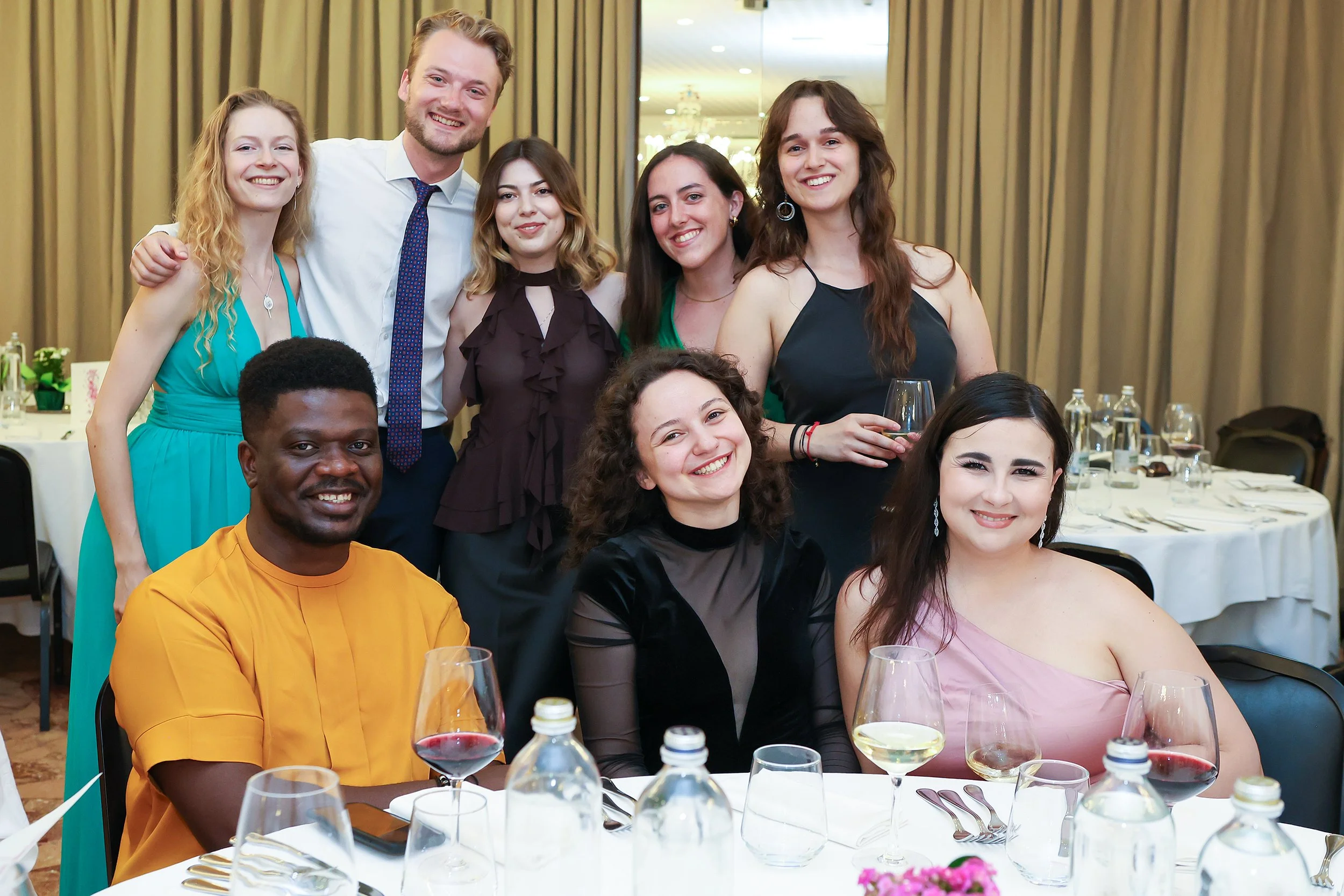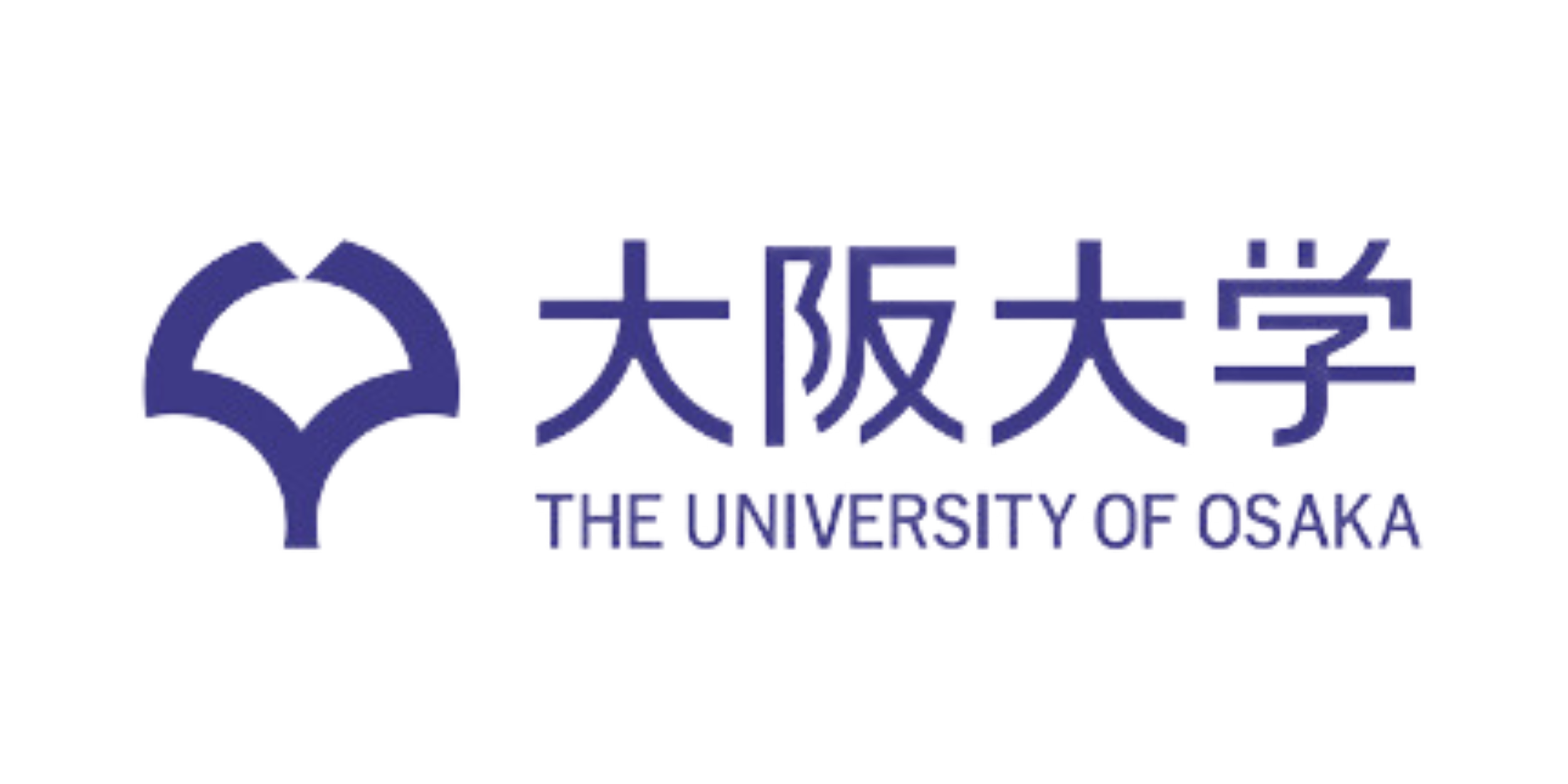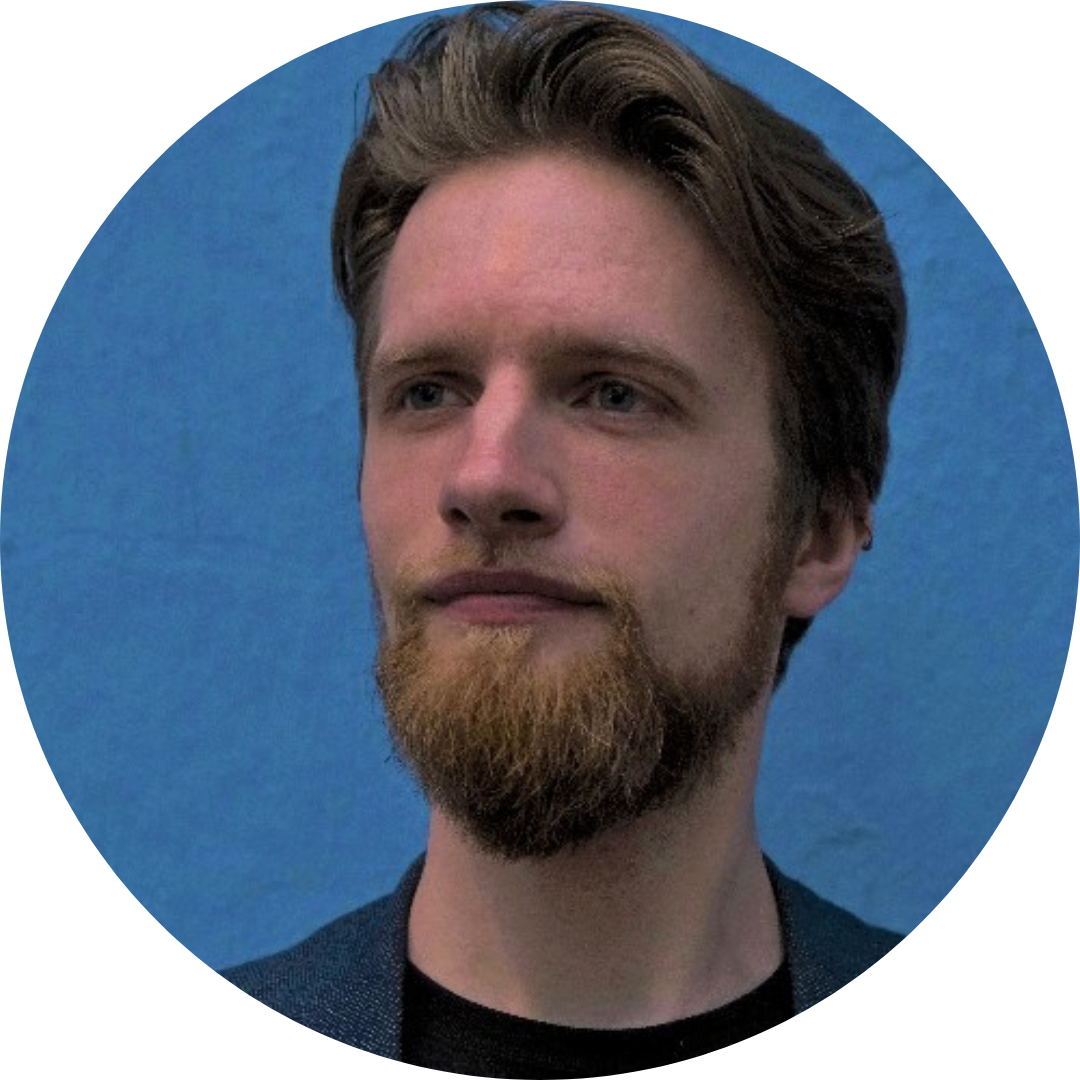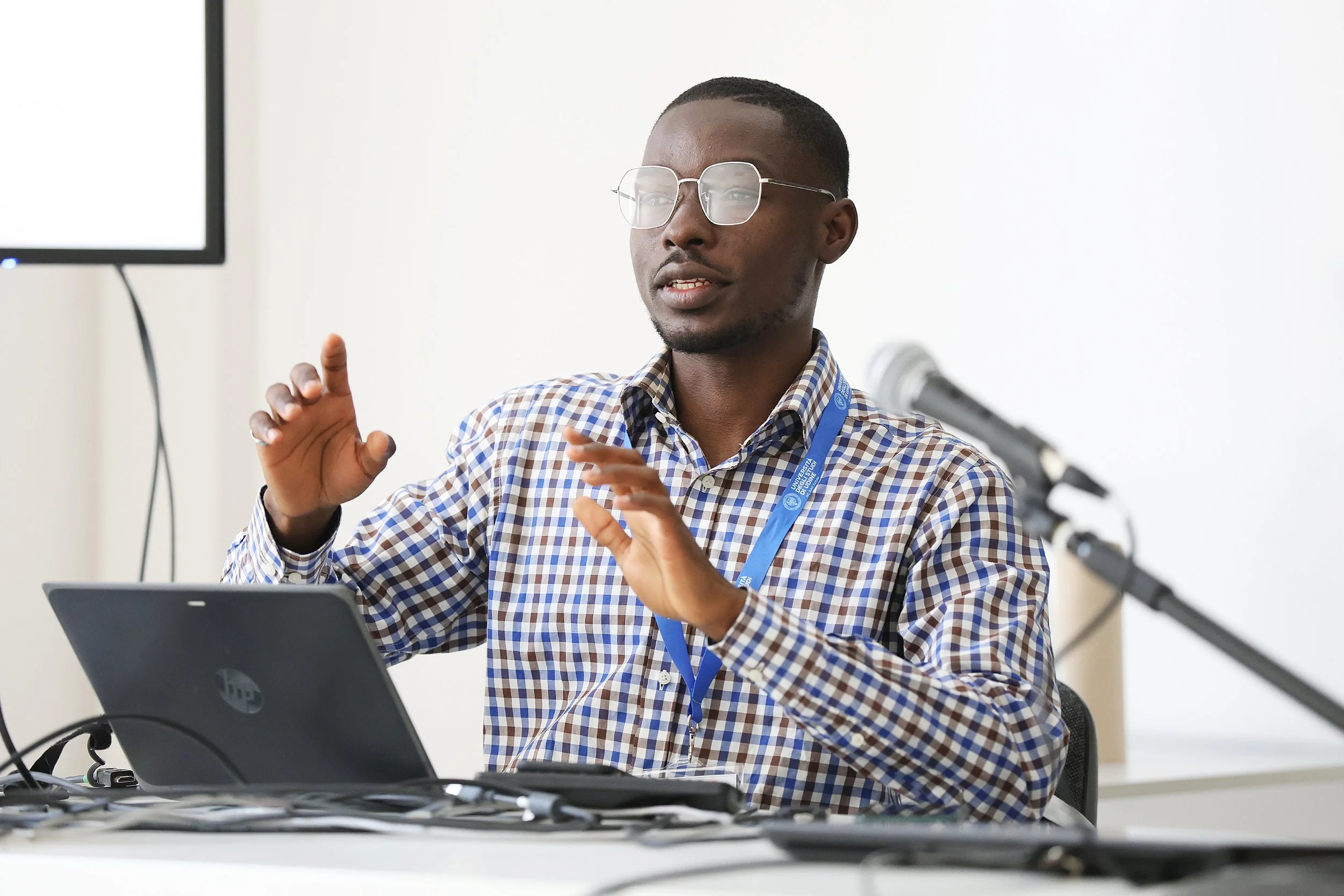
Understand Europe. Study Euroculture.
A Joint Master Programme of Excellence in European Studies offered by top-rated universities
Euroculture not only deepens your academic knowledge but also equips you with essential 21st century professional skills to navigate today’s complex societies. The programme prepares you for careers in research, policy, culture, international organizations, and beyond. A key feature is the third-semester placement, where you gain hands-on experience in either an academic or professional setting. Whether you aspire to a research career or seek expertise in European political, social and cultural affairs, Euroculture provides a flexible and future-oriented foundation for your professional growth.
Euroculture: European Politics, Culture, and Society in a Global Context is a unique two-year (120 ECTS) Erasmus Mundus Joint Master's programme in European Studies, fully taught in English. It offers an interdisciplinary approach that integrates history, political science, law, sociology, and culture to critically examine the complexities of contemporary Europe within a global context. Through this perspective, you will explore how historical legacies, political structures, legal frameworks, social transformations, and cultural dynamics interact to shape contemporary Europe and its role in the world.
As one of the longest-running Erasmus Mundus programmes with over 25 years of experience and a well-established global network of partners, Euroculture takes a leading role in offering high-quality and innovative Master-level education to a worldwide audience of students. With over 1600 highly satisfied alumni from over 70+ different countries, students of Euroculture join not just a Master programme, but a global community of motivated experts with a keen understanding of the most pressing societal issues facing Europe and the world today.

The Euroculture Network
Euroculture has a large network of participating universities, and you may choose to study at multiple universites throughout your studies! Learn more about the mobility options offered by the programme on our Mobility page. You can also click on the logo of each university to learn more about their role in the Euroculture programme.

-

Erasmus Mundus
As a long-standing Erasmus Mundus programme with over 25 years of experience, Euroculture is considered a Flagship Programme by the European Commission and has received highly positive evaluations
-

Joint Programme
Euroculture offers a Joint programme offered by a large network of European universities. Euroculture has received European Accreditation according to the European Approach for Quality Assurance for Joint Programmes
-

Flexible Curriculum
Choose to study at multiple universities, each with their own thematic focus, to expand and deepen your understanding of highly topical European political, cultural, and societal issues in a global context
-

Theory and Practice
Euroculture offers state-of-the-art international and interdisciplinary higher education in small-scale clasroom settings. Our curriculum combines deep theoretical insights with practical skills and competencies
-

Mobility
Our programme offers integrated, well-structured mobility with extensive support at all our connected universities. Each student attends at (at least) two or more different universities within our network of twelve prestigious higher education institutions
-

Employability
Graduates of Euroculture make a difference in a wide variety of fields such as (International) Politics, Education, Research, Journalism, Cultural Management, European Administration, and much more

The Euroculturer
The Euroculturer is the heart of our student community. Read articles, blogs, experiences, and more from our students on their Instagram and website

Euroculture helped me hone soft skills and taught me frameworks to look at the world in different ways.
Not unimportant: the programme granted me international friends for life!
Wester Wagenaar (2014-2016)
Euroculture allowed me to get my foot in the door of a European career.
It gave me a fresh new perspective on EU affairs, gender equality, art, policy and law.
No other programme can give you that.
Rumen Halachev (2011-2013)
For me, Euroculture was an incredible multicultural experience that provided me with so many stimuli and challenges and that was key to step out of my comfort zone and broaden my horizons.
Being passionate about EU affairs and willing to work in an international environment, I found that graduating from Euroculture helped me to find jobs matching my interests.
Agnese Olmati (2017-2019)
Euroculture has managed to introduce me to a variety of courses that I would not have had the chance to take in any other program.
I am especially grateful to the IP and thesis process as these two papers changed my life and I seem to discuss these experiences on a daily basis, whether on a professional level or on my personal journey.
Lina Mansour (2020-2022)

How to Apply
Ready to take the next step? Find out how to apply here!

My studies of Euroculture have significantly formed my understanding of Europe and of what it means to be European. I decided to stand for and promote European values in my personal and professional life since then.
Zdeňka Lammelová (2006-2008)
Euroculture helped me connect the dots between my undergraduate studies in communications and my passion for politics and social sciences. Not only did the programme provide me with invaluable memories and lifelong friendships, but also with a calling card to enter the job market in Brussels as both a comms and EU specialist.
Arianna Rizzi (2018-2020)
Through Euroculture, I gained the passion for and knowledge about my subject area - European food and agricultural politics - which led me to successfully apply for a joint Erasmus Mundus PhD in Politics and International Studies.
On a personal level, I met lifelong friends from all over the world including a group we call our 'six pack'!
Sara Goler Solecki (2008-2010)
My Euroculture Master improved my academic thinking and consolidated my opinions about the idea of Europe. Working with my cohort still definitely has an impact on my team management skills.
Christoph Niggemeier (2003-2004)

